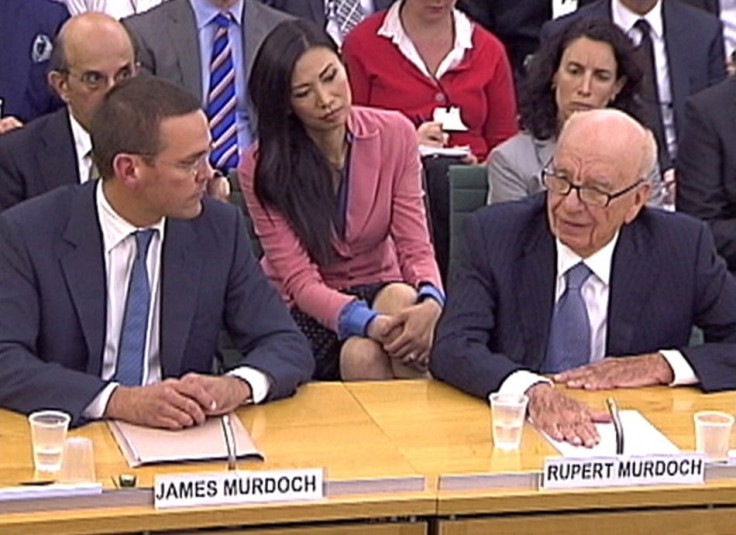Bombshell Blog Says Blame Inching Closer to Murdoch

The excuse that Rupert Murdoch gave to Parliament that he knew nothing of the phone-hacking by his newspapers is "increasingly hard to credit," according to the veteran journalist Nicholas Wapshott in his Media File column on Reuters.com.
"The blame for the routine invasion of privacy by his papers is now inching closer to Murdoch himself," says Wapshott.
The Reuters columnist says that certain letters recently released by the parliamentary committee investigating the scandals are particularly troublesome for Murdoch. One letter comes from News of the World reporter Clive Goodman, who says that the phone hacking actions were carried out "with the full knowledge and support" of some of the newspaper's other staff members. Such an assertion, says Wapshott, contradicts what Murdoch lieutenant Les Hinton told the parliament committee: that the hacking was the work of a single, rogue reporter.
"As in the Watergate affair, the cover-up is becoming as important to understanding the culture within Murdoch's business, and the failure of corporate governance by the board, as the crimes themselves," says Wapshott.
Murdoch has been likened to King Lear, an old bull portraying himself in Parliament as a character failing to keep his children and his extensive retinue under control, according to Wapshott. "Those who have worked closely with Murdoch believe this a travesty. For them, Murdoch is more like Uncle Junior in 'The Sopranos,' who feigned madness to avoid prosecution," he says.
© Copyright IBTimes 2025. All rights reserved.





















